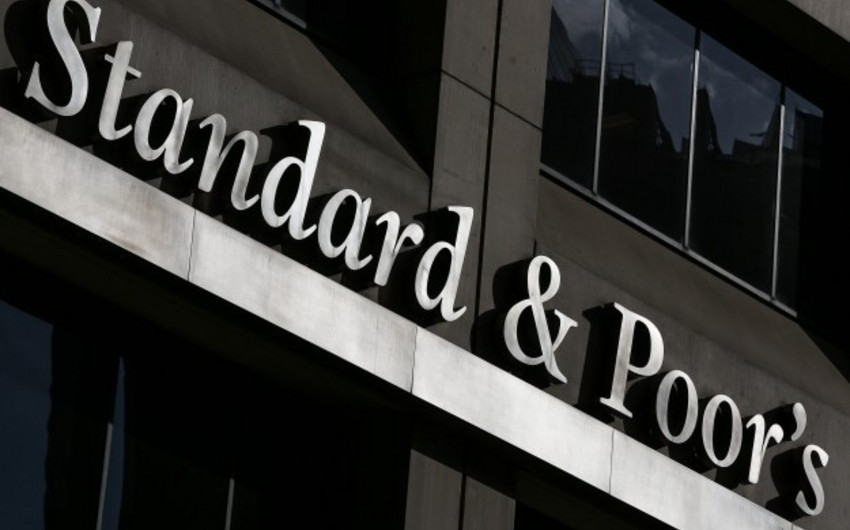Baku. 9 May. REPORT.AZ/ Credit rating agency Standard & Poor’s affirmed Turkey's 'BB+' foreign currency sovereign credit rating on Friday, citing low public debt levels and resilient exports.
However, U.S.-based agency lowered its long- and short-term local currency credit ratings for Turkey to 'BBB-' from 'BBB,' saying challenges to the independence of Turkey's were having a negative effect.
Report informs, President Recep Tayyip Erdogan is among politicians who have repeatedly criticized the central bank for maintaining high interest rates, saying the policy was restricting growth.
"The lowering of the local currency sovereign credit ratings on Turkey reflects what we consider to be increasing curbs on the operational independence of Turkey’s central bank, which in our opinion have made it more challenging for the monetary authority to credibly fulfill its price stability mandate and to dampen the impact of exchange rate volatility on the economy’s growth prospects," the agency reported.
"Overall, we now consider that the challenged credibility of the central bank, including a weakened monetary transmission channel, has diminished the status of the Turkish lira as a reliable transactional currency."
Standard and Poor’s said there had only been “modest progress” in implementing the government’s development plan.
“Were the pace of implementation to accelerate after this year's general elections on June 7, it could help Turkey to shift away from its current economic growth model, which remains highly dependent on net debt financing from abroad" the agency said.
The agency warned that the Turkish economy continues to have higher external debt levels and lower foreign exchange reserves relative to other large emerging markets.
"It remains to be seen whether rapid credit growth to the corporate sector, particularly small and midsize enterprises, can benefit Turkey’s long term growth potential,” Friday’s report said.
The agency added that external and monetary risks to Turkey's economic prospects persist, including the 22 percent year-on-year depreciation of the Turkish lira against the dollar and the uncertain global economic environment, particularly the possible reversal of historically low U.S. interest rates.
According to Standard & Poor’s, the decline in oil prices should benefit the net financing position of the economy.
"Despite the government's presentation of a new structural reform agenda, we continue to see policy risks that we believe could persist even after the upcoming 2015 general elections.
“The erosion of checks and balances in Turkey's key independent institutions, alongside the centralization of decision-making, poses risks to business confidence and economic stability, in our opinion.
“With our expectation that real GDP growth will hover around 3 percent over the medium term, unemployment could continue rising, leading to social pressures. Lastly, the spillover of sectarian and ethnic tensions from conflicts in Syria and Iraq could render policymaking less predictable, and also lead to higher fiscal costs."
The agency added that there is a likelihood Turkey’s rating could be downgraded in the next six to 12 months.


 https://static.report.az/photo/60fadcbf-d891-46fb-bf99-6b24ddf44e21.jpg
https://static.report.az/photo/60fadcbf-d891-46fb-bf99-6b24ddf44e21.jpg

